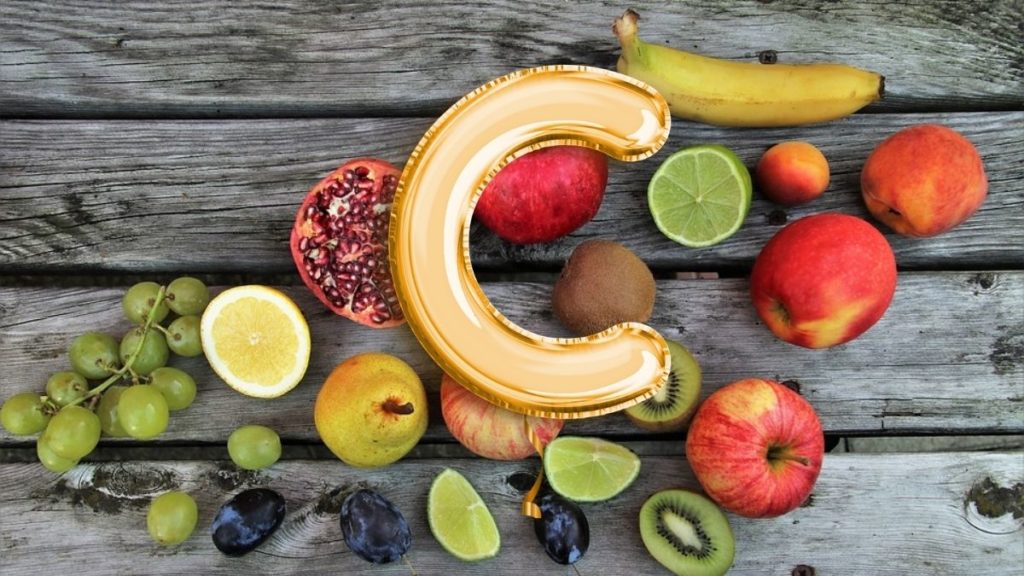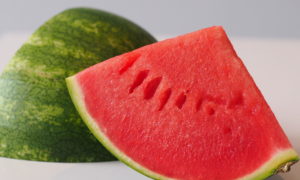Vitamin C strengthens our immunity. Eating foods rich in vitamin C reduces the risk of cold, cough, and many other infections. It also prevents the risk of many types of cancer from spreading in the body. Vitamin C also protects against problems caused by pollution, stress, or poor eating habits. In this article, we will discuss some natural sources of Vitamin C. These foods can prevent the deficiency of vitamin C in the body.
Top 10 best natural sources of vitamin C
Although, many fruits and vegetables contain vitamin C here is a list of the top 10 natural sources of vitamin C that are easily available.

Orange
Orange is known to be the best natural source of Vitamin C. Three milliliters of orange juice carry 125 milligrams of vitamin C. In this way, you get a sufficient amount of vitamin C. Potassium, vitamin B9, lutein, and vitamin A are found in oranges and orange juice. Oranges contain fiber, but when you drink orange juice, a large amount of fiber is released. Orange is the most popular of the citrus fruits which contain high amounts of vitamin C. 100 grams of oranges contain 53.2 milligrams of vitamin C and a large orange contains 97.9 milligrams of vitamin C. You can eat oranges by adding them to cakes, jellies, syrups, salads, etc.
Strawberries
Strawberries are extremely sweet, juicy, and rich in vitamin C. One cup of strawberry pieces contains 98 mg of vitamin C and a large strawberry contains 10.6 mg of vitamin C. Strawberries are rich in potassium, magnesium, folate, and fiber. The antioxidants present in it relieve stress and protect against cholesterol. You can add strawberries to fruit salads, smoothies, chocolates, or cakes and eat them after dinner.
Kiwi
Kiwi fruit is an outstanding source of vitamin C. Small kiwi fruit contains 60 mg of vitamin C. Kiwi fruit is rich in potassium and fiber and is extremely low in calories. Kiwi fruit is slightly sweet and sour to taste. Kiwi contains vitamin A, fiber, calcium, magnesium, and potassium. To preserve vitamin C in kiwi, eat it raw. You can have kiwi in the form of smoothies or juice in the morning and evening. If you want to lose weight, then definitely include kiwi in your fruit salad.
Broccoli
Broccoli is also a good natural source of Vitamin C. One cup of chopped broccoli contains 81 mg of vitamin C. The more you eat broccoli, the more vitamin C you will get. Cooking broccoli reduces the amount of vitamin C, so don’t overcook it. The amount of calories in broccoli is also not high. It is rich in calcium, potassium, fiber, vitamin A, vitamin K, and many antioxidants. Broccoli contains a high amount of antioxidants that increase immunity and help in getting rid of many diseases.
Tomato
Tomatoes contain lycopene and antioxidant properties. However, tomatoes are one of the best natural sources of vitamin C. One raw tomato contains 20 mg of vitamin C. If you take tomatoes in the form of juice, you will get more vitamin C. Not only this, 120 mg of vitamin C is present in three liters of tomato juice. Tomatoes are rich in vitamin C, vitamin K, potassium, and iron. The nutrients present in this fruit help protect against prostate cancer, respiratory infections, skin cancer, and other diseases. You can eat tomatoes or tomato juice by adding them to your diet or in salads.
Cauliflower
Cauliflower is delicious to eat and is an excellent source of vitamin C. One cup of chopped cauliflower contains 50 milligrams of vitamin C. Cauliflower is rich in fiber, calcium, potassium, folate, and vitamin K. In addition, it also has antioxidant properties. You can eat cabbage by adding it to a salad or you can also prepare its vegetable. Cooked cabbage is also good for your health, with one cup of cooked cauliflower containing 30 milligrams of vitamin C.
Cabbage
Cabbage is rich in vitamin C. 100 gms of cabbage carries 36.6 mg of vitamin C. Cabbage helps in fighting cancer and also prevents heart disease. Many nutrients such as vitamin A, fiber, etc are present in red cabbage. 57 mg of vitamin C is present in 100 grams of red cabbage. In addition, it is also low in calories. You can eat cabbage by adding it to salads, soups. You can also cook this vegetable.
Gooseberries
Gooseberries or Amla is mostly found in India, Bangladesh, Sri Lanka, Africa, and European countries. It is light green in color and sour to taste. According to Ayurveda, gooseberries have many health benefits. It contains a high amount of Vitamin C. 100 grams of amla contains 27.7 mg of vitamin C. It is rich in vitamin A, potassium, omega 3 fatty acids, and fiber. You can also eat this fruit raw. Take this fruit daily two to three times throughout the day. Apart from this, you can drink amla juice or eat it as a pickle.
Capsicum
Capsicum is a colorful vegetable, which is very nutritious. Vitamin C as well as beta carotene is found in high amounts in capsicum. This vegetable protects against heart disease and cataracts, as well as prevents the risk of heart disease from increasing. Half a cup of red capsicum contains 140 mg of vitamin C and half a green bell pepper contains 95 mg of vitamin C, which is enough to meet the requirements of vitamin C in your body. Green capsicum contains potassium, vitamin A and vitamin K, as well as low in calories. You can eat green capsicum by adding it to a salad or any vegetable.
Grapefruit
Grapefruit comes under the category of orange and it is a rich and natural source of vitamin C. Half cup of grapefruit contains 45 milligrams of vitamin C, fiber, potassium, and high amounts of vitamin A. Grapefruit is low in calories. It is a bit sour to eat, so you will have to put sugar on it or have some sweet foods with you. Grapefruit helps in reducing weight, as well as improves immunity. 100 grams of grapefruit contains 31.2 milligrams of vitamin C and half the fruit contains 38.4 milligrams of vitamin C. You can eat grapefruit for breakfast or drink its juice after extracting it.
Conclusion
You can use any of the best natural sources of vitamin C that we have listed above and keep your immunity strong. This will prevent you from many diseases and keep you healthy.




